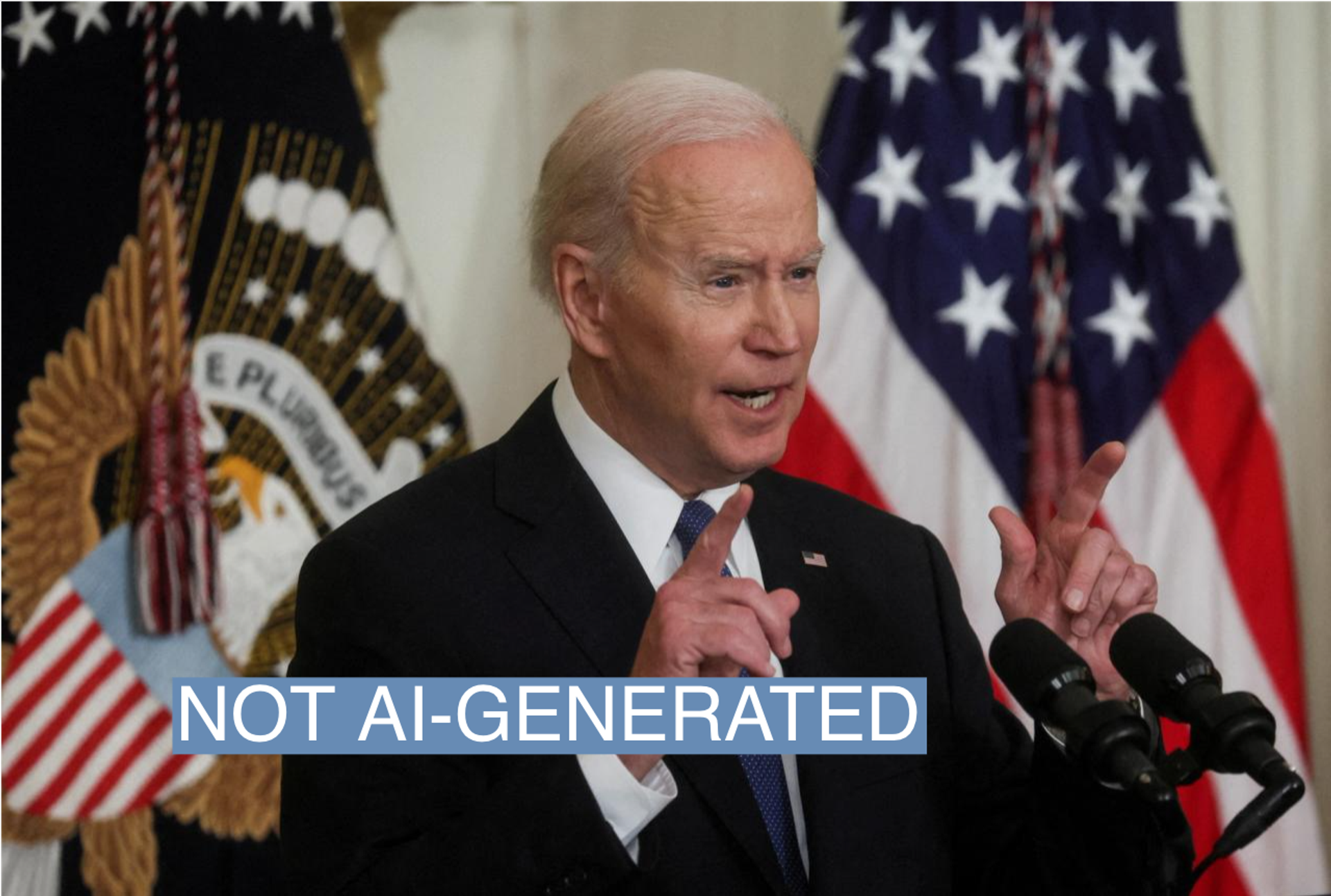The News
The White House is unveiling a sweeping executive order on Monday aimed at tackling the risks and harnessing the benefits of artificial intelligence. It will direct a government-wide push to regulate the technology as legislative efforts languish in Congress.
The order, which President Joe Biden will sign during an event this afternoon, covers everything from safety to privacy to equity to AI’s impact on the national workforce. Its breadth is a recognition that “AI policy is like running a decathlon and there’s 10 different events here and we don’t have the luxury of picking,” a senior administration official told reporters.
Know More
The order uses the Defense Production Act to force companies developing the most advanced AI systems to share the results of third-party safety tests with the federal government, according to the senior administration official. A group of leading companies already signed a voluntary pledge organized by the White House to submit their products to security tests, but the new order takes that effort a step further.
Another provision of the order, which is the product of months of work, would require that cloud service providers report to the Commerce Department when a foreign customer pays for their services “to train a large AI model with potential capabilities that could be used in malicious cyber-enabled activity.” That could help the administration get out ahead of potential foreign threats powered by AI.
Biden is also directing the Commerce Department to produce guidelines for watermarks that can be used to label photos and videos produced by generative AI tools in order to help root out deepfakes, though companies will not be required to use them. Some experts have questioned whether watermarking would actually help tackle problems like disinformation.
Under the order, the Department of Health and Human Services will set up a program to receive reports of unsafe health practices involving AI, according to a White House fact sheet. And the Labor Department and White House Council of Economic Advisers are required to study the potential impact of AI on the labor market and develop ways to support affected workers.
The White House is trying to increase the federal government’s recruitment of workers specializing in AI with the launch of a new website, AI.gov. The order also calls for the development of guidance for federal government agencies’ use of the technology.
With the goal of maintaining the United States’ edge in AI, the order directs the government to make it simpler for highly-skilled workers to migrate to the U.S. by streamlining visa criteria and reviews.
“The executive order recognizes that attracting global talent is vital for continued U.S. economic growth and enhancing competitiveness,” said Divyansh Kaushik, associate director for emerging technologies and national security at the Federation of American Scientists, a think tank. “While 59% of the top-tier AI researchers work in the U.S., only 20% of them received their undergraduate degree in the U.S.”
Step Back
While Biden has called on Congress to take legislative action to regulate AI, those efforts have taken a backseat to more pressing matters, like funding for foreign policy crises and preventing a government shutdown.
Senate Majority Leader Chuck Schumer has hosted a number of briefings for senators to understand security challenges and innovation opportunities associated with the technology, and he acknowledged recently that legislation was months away.
“If you move too quickly in this, you may screw it up,” he said at a Washington Post event last week. Schumer faulted the European Union for acting too fast with its own AI rules.
The White House is not making the argument that the executive order is a replacement for legislative action. Administration officials also stress that the U.S. needs to work with allies to address AI collectively, viewing its risks as a global challenge.
“The promise and peril of artificial intelligence is not just a United States matter, rather this is a global matter,” the senior administration official said.
To that end, the Group of Seven is expected to agree to a code of conduct for companies working on advanced AI on Monday, Reuters reported.
Vice President Kamala Harris is also scheduled to be in the United Kingdom later this week for Prime Minister Rishi Sunak’s summit on AI governance, where she plans to deliver a speech about the Biden administration’s approach.
Notable
- China already has regulations in place requiring companies to label synthetically generated content, according to a Bloomberg overview of the country’s landmark AI law that went into effect earlier this year.
- The United Nations created a new advisory body last week to “advance recommendations for the international governance of AI.” It includes representatives from Microsoft, Google, OpenAI, Sony, Hugging Face, and the Mozilla Foundation.
